|
A |
|
A |
|
A |
|
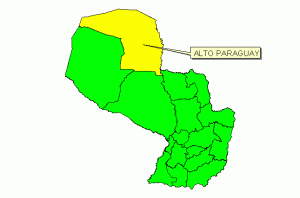 |
|
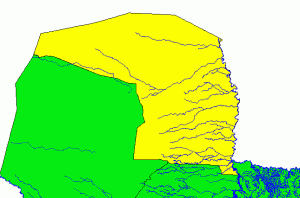 |
|
|
|
|
|
|
Watersystem |
|
|
|
|
|
. |
|
|
|
|
|
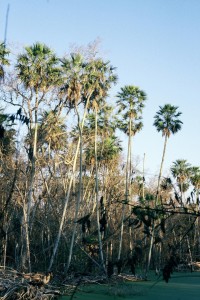 |
|
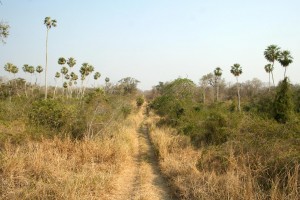 |
|
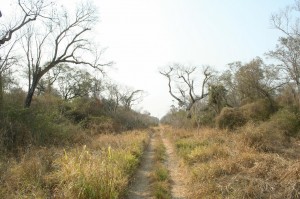 |
|
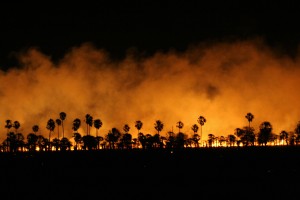 |
| Throughout the banks of the paleo-watercourse you can see Karanday palms (Copernicia alba) in natural associations. The “typical Chaco palm groves” or “palm savannas”, extensive areas covered with pure masses of palms, appear only in areas exposed to the impact of cattle and fire. Maybe they represent the result of this impact. Here the place of the first record of the Galbula ruficauda in Paraguay. |
|
Soft hills in the North of the department foto: S. Peña |
|
Invasive weeds (Hyparrhenia rufa) along the roads foto: S. Peña |
|
The fires, provoked by the cattle breeders, drastically reduce the diversity of life and favor a few species resistant to fire foto: S. Peña |
|
. |
|
|
|
|
|
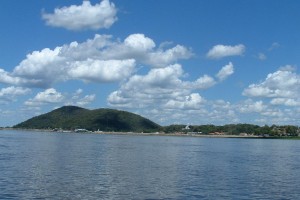 |
|
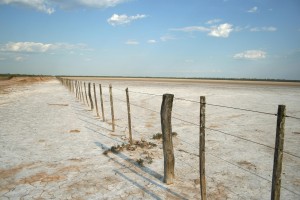 |
|
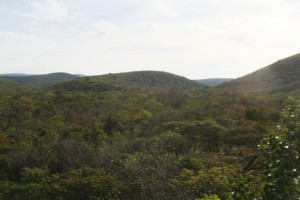 |
|
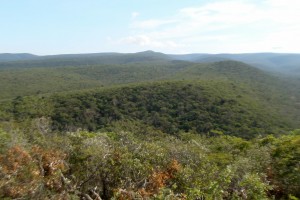 |
| Fuerte Olimpo on the right bank of the Paraguay River foto: S. Peña |
|
Laguna Ganso, salt deposits in the dry season foto: S. Peña |
|
The Cerro Leon massif hills rise up to 500 m |
|
The Cerro Leon is the top of a very ancient mountain range, covered by the Chaco sediments |
|
. |
|
|
|
|
|
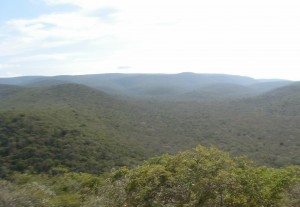 |
|
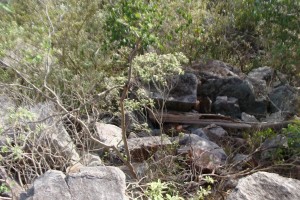 |
|
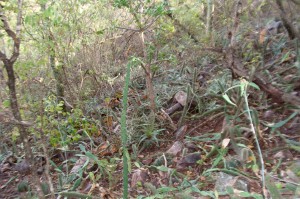 |
|
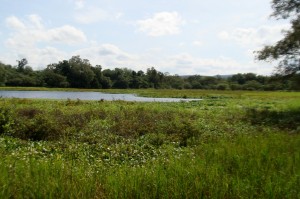 |
| Cerro Leon |
|
Temporary creek Cerro Leon |
|
Cerro Leon |
|
Laguna at the foot of Cerro Leon |
|
. |
|
|
|
|
|
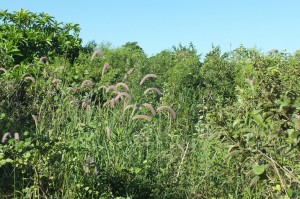 |
|
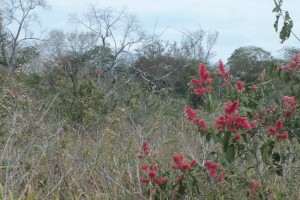 |
|
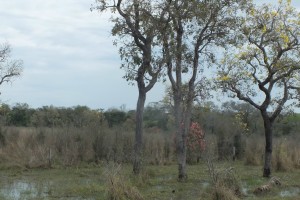 |
|
|
| Igapó on the Rio Negro bank |
|
Cerrado in Chovoreka |
|
Cerrado in Chovoreka |
|
|
|
. |
|
|
|
|
|